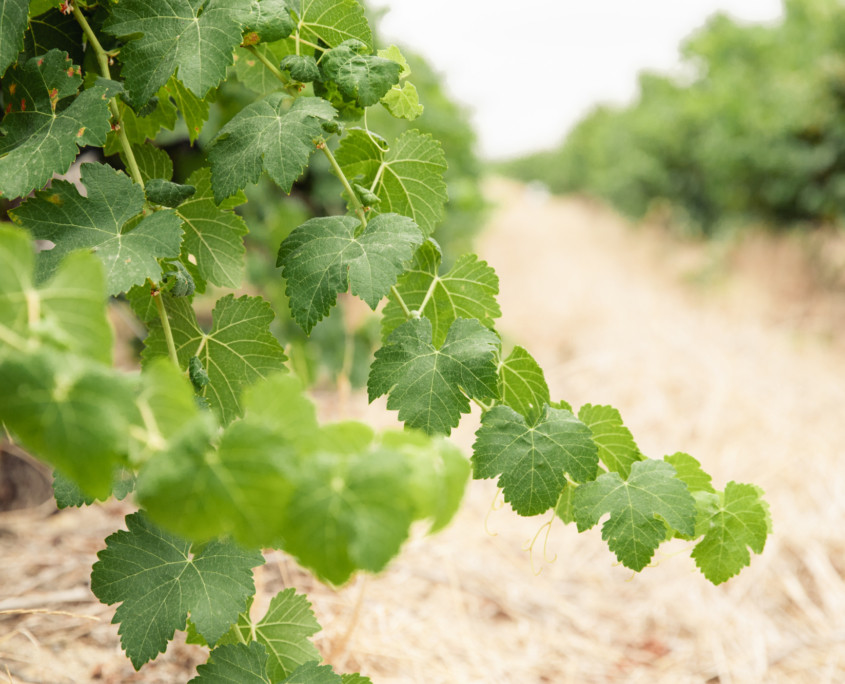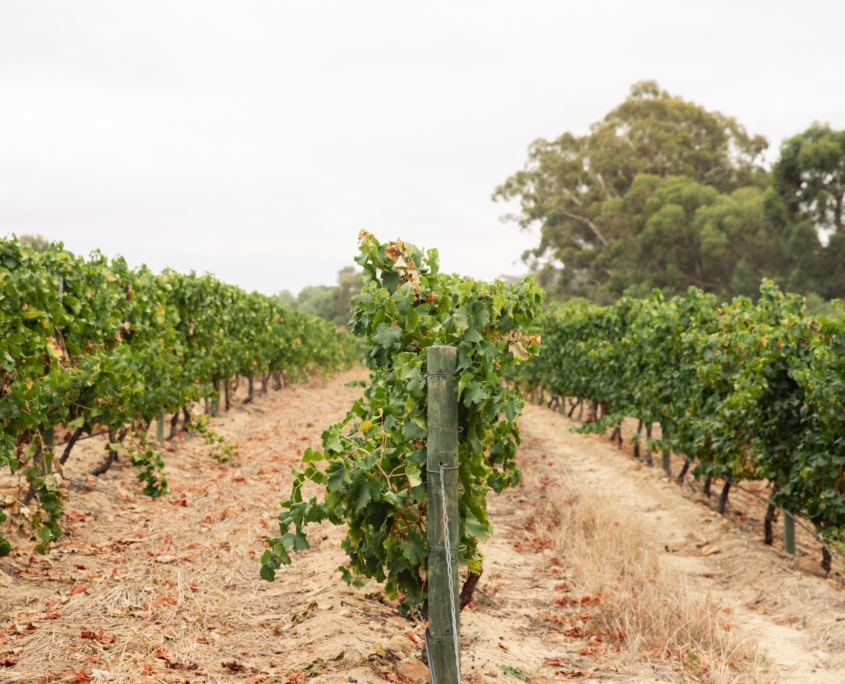Mountain water and melted snow in winter supplies Napier’s own bore for precision-planned drip irrigation to manage development of each individual varietal, vineyard block and quality level. All the work in the vineyards is concentrated on achieving varietal typicity and perfect balance.
Night-time harvest from the coldest part of the night through to day-break ensures retention of the natural fruit selection and sorting of the grapes to make sure only the best grapes are used. These are crafted by our winemaker Leon Bester to produce wines with a compelling New World twist, whilst showing the complexity and finesse of some of the best European wines.
Terroir
The terroir on Napier and the warm climate and sun exposure in Wellington is perfectly suited to Bordeaux varietals. There are mainly three soil types which promote the growth of the vines:
Cabernet Sauvignon, Cabernet Franc, Merlot and Malbec confirmed their affinity to the ancient soils, such as Vilafontes. This, being our predominant soil type, has been dated as being between 750 000 and 1.5mil years old. These healthy but nutrient deficient soils encouraging smaller vines, lower yields and highly concentrated fruit. They cradle the vines into producing wines driven by character, purity and refinement with a perfect tension ubiquitous to each vintage produced.
The Klapmuts soil is strongly structured, on partly decomposed parent rock, with good nutrient reserves and water-retention properties.
This soil is well drained and does not hold too much water in the summer months. This restricts the vigour of the vines and produces grapes with concentrated and intense flavour and tannin profiles.
Cartref soil is granitic and contains more rocks, which will contribute minerality and finesse to a wine, as well heighten the fruit intensity.


